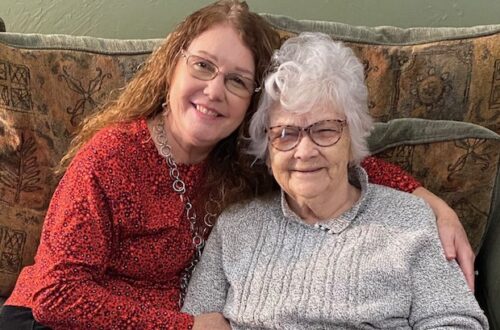8 Effective Tips to Help Your Loved One Sleep Better – Caregiver Guide
Just as sleep is crucial for us as caregivers, it is even more essential for those we care for. Their brains require more time to process, reset, clear, and rest because they often work three to four times harder than ours. While we remember where we are, who we are, and who others are, they might struggle with these basic details.
Here are 8 effective tips to help your loved one sleep better:
1. Cut Down on Caffeine and Nicotine
Limit caffeine (found in coffee, tea, chocolate, and cola) and nicotine, especially several hours before bedtime. Caffeine can significantly affect someone with Alzheimer's. For example, my mother-in-law, who had two cups of coffee each morning for years without issues, suddenly had trouble falling and staying asleep. After many attempts to identify the cause, switching her coffee to decaf resulted in better sleep. While this improvement didn’t last indefinitely, it significantly helped for a few months.
2. Offer Something Warm Before Bed
A warm drink or snack before bed can be comforting and signal that it's time to wind down.
3. Consider Melatonin Supplements
Melatonin, a natural sleep aid available over the counter, has been shown to help with sleep without side effects. A Johns Hopkins study details how and why melatonin works. Always research any supplements when combined with specific medications and consult a healthcare professional.
4. Try Chamomile Tea
Chamomile tea is a safe and calming hot tea that promotes relaxation and sleep. It works by soothing the nervous system and preparing the body for rest. Here's how it works.

5. Engage in Calm Activities Before Bed
Reading or looking at pictures can help relax the mind and induce sleepiness.
6. Play Soft Instrumental Music
Soft, instrumental music can create a soothing environment conducive to sleep. Avoid songs with lyrics, as these can engage the brain more actively, preventing it from unwinding.
7. Offer a Warm Bath
A warm bath taken about two hours before bedtime can aid relaxation and help one fall asleep faster. However, if bath time tends to be stressful, skip this suggestion.
8. Use Lavender for Relaxation
Lavender body lotion and face wipes can help promote sleep, especially when applied around the nose and to the wrists, hands, and arms. Lavender essential oil is also known for its calming properties.
If sleeping was never an issue but it suddenly has become so, look for any changes. These might include medication changes, temperature changes, changes in the family dynamic, an unusual amount of company etc.
If you suspect the change is due to medication, discuss it with your healthcare professional. There may be an alternative medication available that will not cause the same reaction.
If you, dear caregiver, are having trouble sleeping, there's good news!



